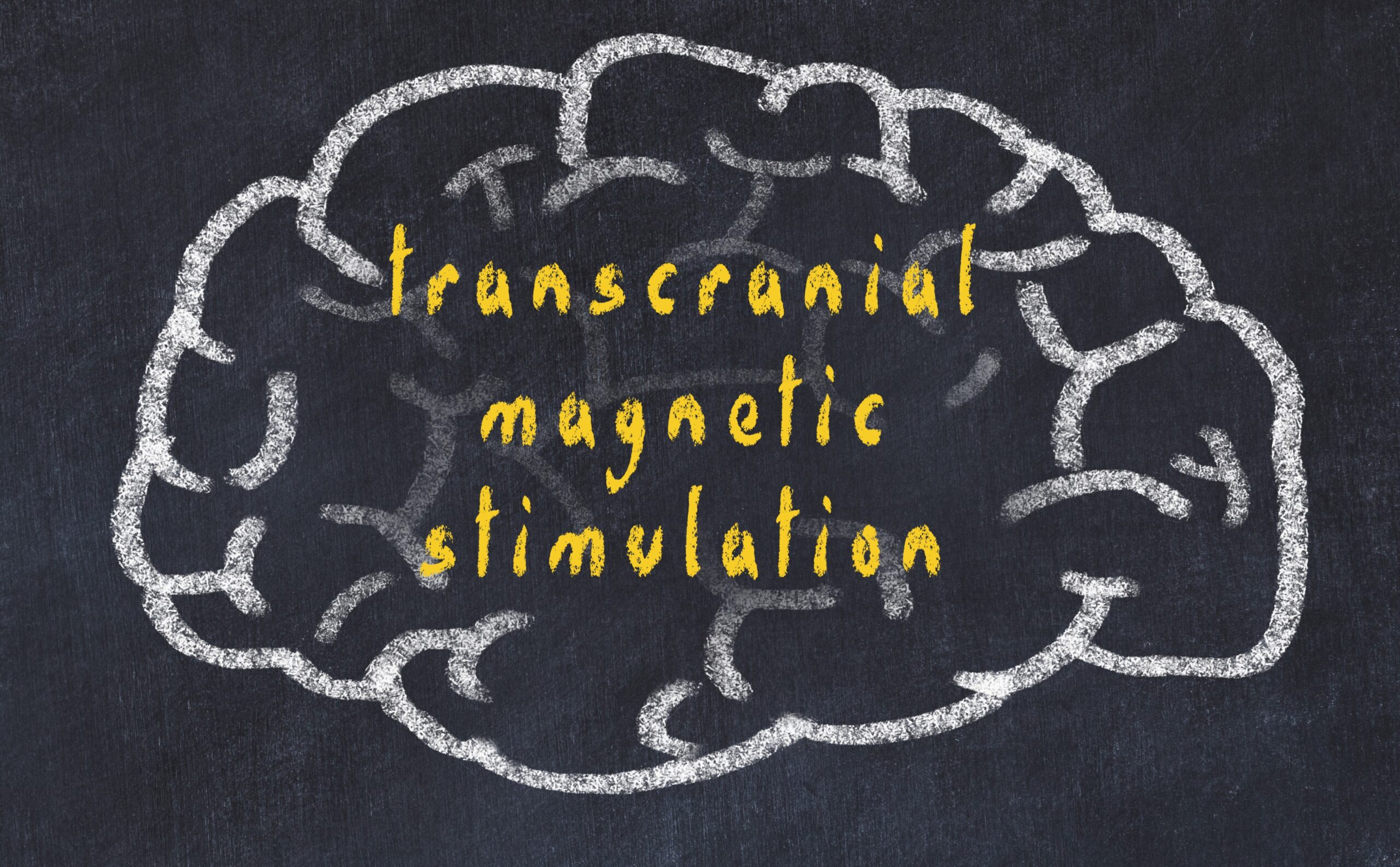An electromagnetic coil was placed adjacent to the participant to administer short bursts of magnetic energy to course through their scalps to target specific regions of the brain. “With stimulation, we were able to essentially excite the areas of the brain that are involved in memory formation in older adults, improving their ability to recall items as well as younger adults,” explains study author Joel L. Voss, Ph.D.
15 people with an average age of 72 without signs of Alzheimer’s disease or dementia were involved in this study who completed memory tasks, and showed signs of age related memory loss but could still think clearly; and another group of participants with an average age of 25 performed the same memory tasks as the older group.
The older group submitted to transcranial magnetic stimulation once a day for 5 consecutive days during the first week, and a fake treatment during the second week, the participants did not know when they were receiving a real treatment or a fake one. Afterwards participants were tested for ability to recall objects and determine their relationship to one another; testing was initiated at the start of the study, one day after a treatment, then again one week after the treatment was finished.
As published in Neurology, MRI scans were carried out to measure brain activity throughout the study; scans showed increases in brain activity in areas responsible for memory formation. Recall ability of the participants improved by 31% one day after the treatment. On average 33 out of 84 questions were answered correctly at the beginning of the study, after treatment on average participants answered 10 more correctly and scored as well as the 25 year old group. Improvements were temporary, one weeks after treatments memory recall faded away, and in the end there was no difference in recall between those who received real or fake treatment.
“Memory improvements were highly consistent for participants after receiving stimulation, and participants were able to recall memories just as well as the group of young adults to whom they were compared at the start of the study, but the gains were temporary,” said Voss.
Based on their findings Voss concluded that, “Disruption and abnormal functioning of the hippocampal-cortical network, the region of the brain involved in memory formation, has been linked to age-related memory decline, so it’s exciting to see that by targeting this region, magnetic stimulation may help improve memory in older adults. These results may help us better understand how this network supports memory.”
Currently transcranial magnetic stimulation is approved by the FDA to treat depression as this method can stimulate nerve cells in a region of the brain involved with moods.




